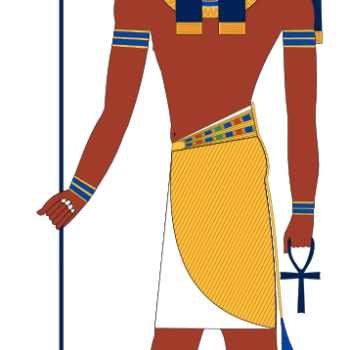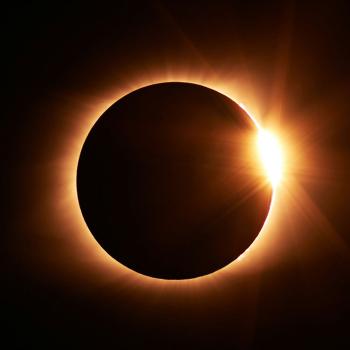Ten years ago, in the wake of the September 11th terrorist attacks, Bruce Springsteen released his first studio album in seven years. It was called The Rising and it offered a moving reflection on that fateful day in American history. Springsteen described firefighters wearing crosses around their necks ("the cross of my calling") and fulfilling their vocations as they charged into flaming buildings. He encouraged people to find a way to get "through this lonesome day." He took a song ("My City of Ruins") originally written to describe hard times in his home town of Asbury Park and made it speak to the tragedy suffered by the people of New York City. As the story goes, in the days after the attacks a fan in a car stopped next to Springsteen, rolled down his window, and yelled "We need you now." Springsteen took heed and delivered what many consider to be his most important album.
Springsteen is 62 years old and still going strong. His new album, which was released yesterday, is entitled Wrecking Ball. It does for our current economic recession what The Rising did for 9/11. The songs explore themes of work, community, and the tragic and hopeful dimensions of American life. Wrecking Ball is an album about America, but it is also an album of faith, rooted in the Christian tradition. In fact, fans of Christian music might be familiar with its producer. His name is Ron Aniello and he has produced albums for Jars of Clay, Sixpence None the Richer, and Jeremy Camp.
As I wrote in this column a few weeks ago, the first single off Wrecking Ball is "We Take Care of Our Own," a rousing cry for us to fulfill the American Dream by showing love and mercy to one another. It echoes an older republican tradition of civic humanism that defined the virtuous and happy society as a place where people sacrificed personal self-interest for the greater good of the country. But "We Take Care of Our Own" also reflects a culture of care not unlike what Jesus taught us in the Sermon on the Mount. In another song on the album, "Jack of All Trades," Springsteen exhorts us to "care for each other like Jesus said that we might."
Wrecking Ball is an angry album. It is a prophetic album. In "Rocky Ground," its most straightforwardly gospel song, Springsteen invokes Jesus driving the money changers out of the temple. "Death to My Hometown" is a rollicking Irish lament on the way corporate greed devastates local communities. Springsteen decries how unregulated capitalism undermines the very family values so often extolled by the Christian Right. The so-called "robber barons" of Wall Street have "destroyed our families' factories and they took our homes; they left our bodies on the plains; the vultures picked our bones." And then, in "Shackled and Drawn," we are introduced to the people who live on Banker's Hill:
Gambling man rolls the dice, working man pays the bills
It's still fat and easy up on Bankers hill
Up on Bankers Hill the party's going strong
Down here below we're shackled and drawn
Springsteen's economic populism celebrates the dignity of hard work. In "Shackled and Drawn" he equates "freedom" with a "dirty shirt" and "a shovel in the dirt." He even suggests that hard labor is one way of resisting the temptations of the devil. In "We Take Care of Our Own," work "sets my hands and soul free." In "Jack of All Trades," work is something that "God provides." It is not too far of a stretch to say that Springsteen, the product of a Catholic school education, agrees with Pope John Paul II in his encyclical Laborem Exercens (On Human Work). Here the late pontiff connects labor to participation in God's ongoing work of creation, the life of Jesus (a carpenter), and ultimately the crucifixion of Christ.
But what happens when there is no work available? What happens when the ground that we walk is so "rocky" that work is impossible to find. This is where Springsteen addresses one of the great paradoxes of the human experience—the co-existence of tragedy and hope. He understands the tragic dimension of human life. He understands the sinful world in which we live (although he might not put it in such theological terms). Anyone who has listened to Springsteen for a long time knows that this is a theme in all his recordings.
But Springsteen's music is also about hope. Though we are drowning in "Noah's flood," and our prayers seem to be going unanswered, and "hard times come and hard times go," Springsteen tells us to "hold tight to your anger and don't fall to your fears." He asks us in "We Are Alive" (which draws on the mariachi band sound of Johnny Cash's "Ring of Fire") to remember the laborers, civil rights workers, and immigrants who have struggled to overcome injustice on the road to American happiness.





